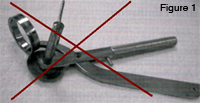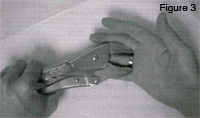I would have to say the biggest thing
I remember about science writing...it was meant to be just the facts. When
dealing with this type of writing, it needs to be 100% factual, but I was
taught that science wasn’t really written in a fun way. Science experiments
were the fun part, but anything we wrote about was typically boring. The one
thing that really impresses me about the writers and the stories we have read
to date, is the ‘fun factor’ they have put back into the science. The biggest
task I see for each of the writers is how they approach the audience. Are they
going to start out with a simple story, or jump right into the complex
calculations, and are they going to balance it out with some humor? Each one of
the pieces we have read seem to have found some kind of balance that takes the
reader onto a journey of the facts, but in a ‘light and easy to understand way’. Even though some of
the pieces have still been wrapped around the complex world of physics, the
writing has been laid out so the science itself is more manageable.
With passive voice, it seems you
would want to use it more in science writing when the object of the action is
more important than the person performing the tests or study. For the
audiences, the end results are what they care about, not the people running around
in lab coats. We do care what training and such the testers/scientists have
(background), but as a reader, that might not be as important as to what is
taking place. I personally don’t care to know who is testing a car I want to
buy…I want to know WHAT was done to the car to test it.


